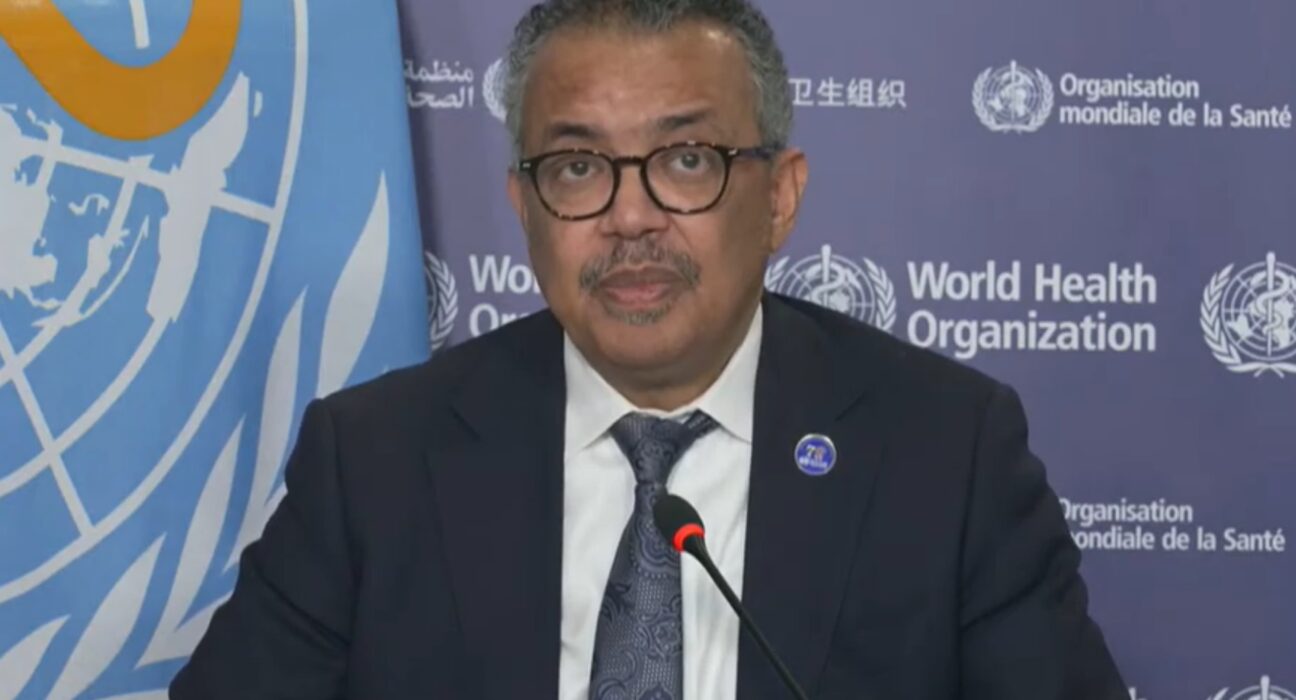In a recent statement, Dr. Tedros Ghebreyesus, Chief of the World Health Organization (WHO), emphasized the critical role of immunization in global health.
Dr. Tedros underscored that immunization stands as the single most effective health strategy for ensuring healthy lives, from infancy to adulthood.
The WHO’s Essential Programme of Immunization (EPI) has enabled millions worldwide to access vaccines against 30 diseases.
A recent study led by the WHO estimated that this program has saved an impressive 154 million lives since its inception in 1974.
According to Dr. Tedros, immunization significantly increases a child’s chances of reaching their fifth birthday compared to children born half a century ago.
Thanks to vaccines, diseases like smallpox have been eradicated, and polio is on the brink of extinction.
Diseases once feared are now easily preventable, including measles, cervical cancer, yellow fever, pneumonia, and diarrhea.
Currently, 84% of the world’s children have received three doses of the vaccine against diphtheria, tetanus, and pertussis, indicating robust global vaccine coverage.
Despite these achievements, the COVID-19 pandemic disrupted routine immunization programs worldwide, leading to millions missing out on vaccines due to crises and conflicts in many countries.
However, there is hope, as more lives are being saved with the development of newer vaccines for diseases like COVID-19, malaria, cholera, dengue, meningitis, RSV, Ebola, and mpox.
World Immunization Week, currently observed, underscores the need for collaborative efforts and advocates for the widespread use of vaccines to protect individuals of all ages from diseases.
Around the world, the WHO and its partners are actively supporting countries to respond to outbreaks, catch up on missed vaccinations during the pandemic, and ensure access to vaccines in even the most challenging contexts.
As we navigate the complexities of global health, immunization remains a cornerstone in our collective efforts to save lives and build healthier communities.
Reporting for NCN Health, Tracy Liverpool

